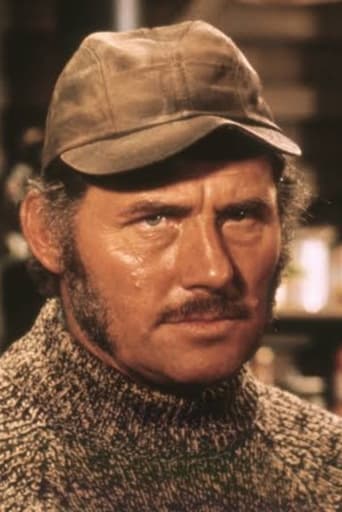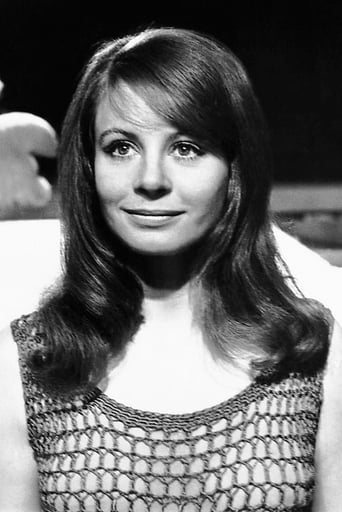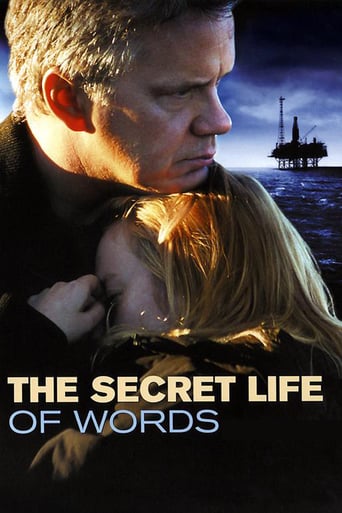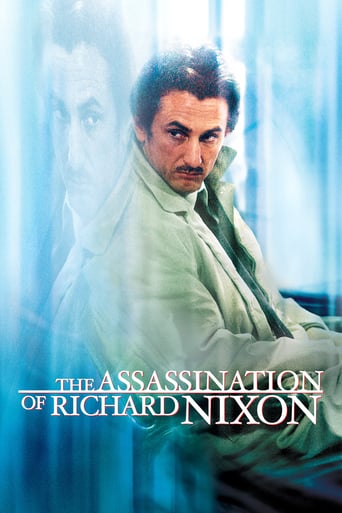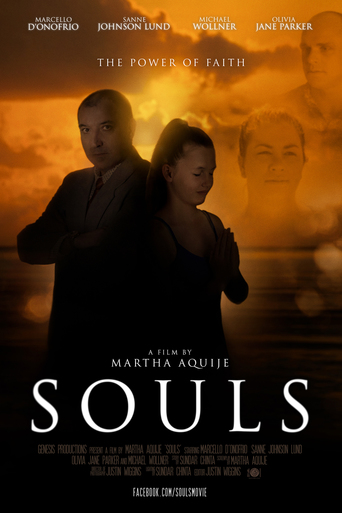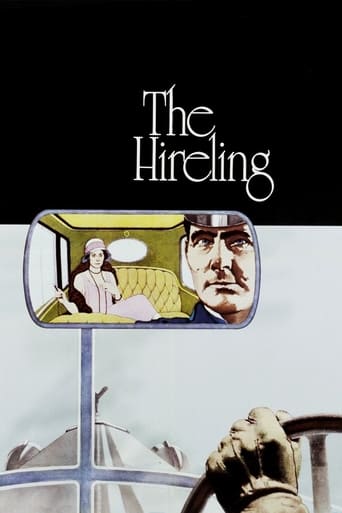
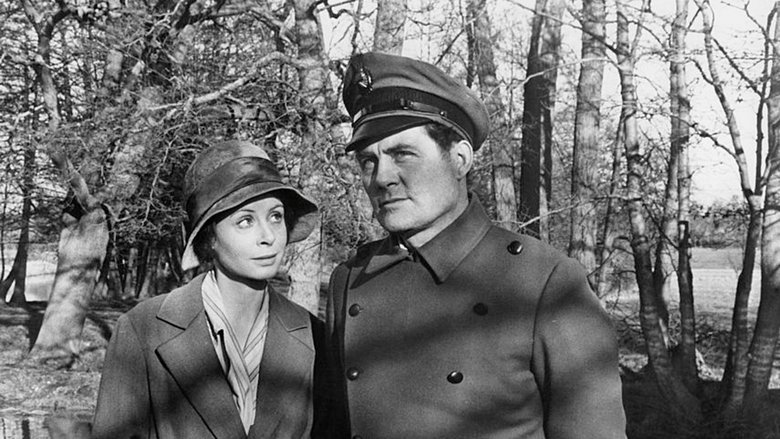
The Hireling (1973)
Based on the novel by L. P. Hartley, The Hireling is a dissection of antiquated but hardly dormant British class distinctions as a lonely socialite and her chauffeur become more than friends.
Watch Trailer
Cast
Similar titles
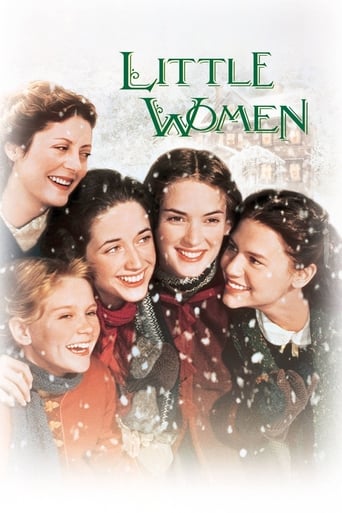

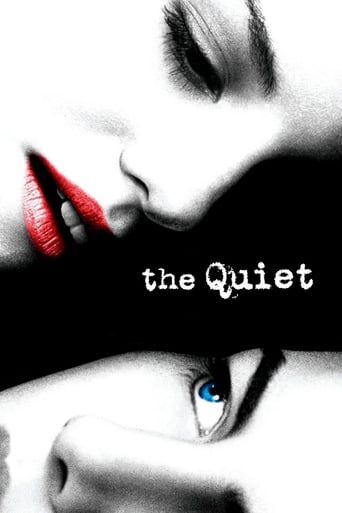
Reviews
Best movie of this year hands down!
Bad Acting and worse Bad Screenplay
The biggest problem with this movie is it’s a little better than you think it might be, which somehow makes it worse. As in, it takes itself a bit too seriously, which makes most of the movie feel kind of dull.
The film never slows down or bores, plunging from one harrowing sequence to the next.
The 1973 Palme d'Or winner (a tie with SCARECROW, 1973), a British film directed by Alan Bridges and adapted from L.P. Hartley's novel, screen-scripted by Wolf Mankowitz, is quite a curio to find, stars Sarah Miles and Robert Shaw as an odd pair, the story takes place at rural England after WWI, it is an acrimonious tirade towards British hierarchical underbelly and is spiced up by the qualified performances from two leads, Miles' innate fragility and gullible naivety finds a quite befitting rhythm with Shaw's rough edge and macho dominance (also Peter Egan's nob Captain is graphically delineated with a light touch), despite the fact that the film is somewhat a lukewarm achievement. Miles is Lady Franklin, an upper-class new widow suffers from the post-trauma of her bereavement, anew from convalescence, she is mentally hurdled to resume her social life and raring to find someone who she could talk to, when she meets her new chauffeur Ledbetter (Shaw), who just initiates his own private rent business, Lady Franklin is clearly not that kind of clever woman of his tier, she befriends with him and it's not another DRIVING MISS DAISY (1989, 8/10) well-intentioned (racial) class-defying friendship crowd-pleaser, things will turn ugly as Ledbetter's escalating jealousy and infatuation towards Lady Franklin grows, which will end up with a clumsy self-destructive finale driven by indignant impulse (he doesn't have the luck and handsomeness which befits the romantic credentials in DOWNTOWN ABBEY). It is again a glum, inclement England, the lamenting dirge belts out along the first half of the film, Lady Franklin, bears a frail delicacy and her indecisive nerve of "getting the knack" to continue her life in the countryside getaway, bespeaks a damsel-in-mistress desperate for a savior (her ill-tempered, apathetic and self-centered mother, Elizabeth Sellars brings the role point-blank accuracy, for sure is more of a nuisance than a comfort here), so Ledbetter, who is professional and pretty sentient of their social disparity at first, would slowly capitulate to Lady Franklin's daring openness and closeness, and mistakes it as a kind of mutual affection (reaches to the pinnacle when he receives a helluva bunch of money from her to save his bogus financial mire), for Lady Franklin, she is much obliging to give the dole as it is a sort of compensation towards Ledbetter's optimum services and a relief to her own conscience (an upper class privilege) as well, money is her final offer, not love, of which we onlookers are all fully aware but not Ledbetter, in his eyes, it is a signal of devotion, an illusion while kindness mis-conceited as the flame of desire, especially when the benefactor is from a higher-up echelon, naturally the delusion has to be unsparingly shattered, it is the perpetual tragedy resides within the classes between "sanctimonious" upstairs and "covetous" downstairs. Like Shelton Cooper from THE BIG BANG THEORY rightfully teases "the upstairs should never eat with downstairs, it will only give them a false hope of the life they would never be involved", which I'm paraphrasing here. With all respect to the team effort, THE HIRELING doesn't ring true as a prestigious Palme d'Or champion, it is nothing but a solid period feature carries a powder peg to indict the tenacious scourge, and eventually misfired.
Thoughtful study of the British class system, told from the perspective of one who essentially occupies its bowels, a chauffeur (Shaw) interacting with his employer (Miles), forming a close bond that threatens to transcend societal boundaries. Unfortunately for Shaw, his vulnerabilities mutate into misplaced fondness for Miles, a mentally crippled lady of standing whose only capable affections are for a recently returned war veteran (Egan).Slow moving, talky and ultimately (in my opinion) aimless - the climax is much anticipated, but the film ends quite abruptly and doesn't seem to me to do the narrative justice. Having not read the book, perhaps director Bridges was somewhat constrained by the manacles of the source material.Of the calibre that LP Hartley fans came to expect following "The Go Between" in 1971, "The Hireling" should appeal to anyone whose interested in the human drama, or perhaps, who admires the work of Shaw or Miles. Both are very realistic in their extremes, and of course, poignantly, in their common frailties. More narrative structure would have suited me better, even so, it's a sophisticated drama worth a look.
I was recently given this film on DVD as a gift, and was unsure at first if it would appeal (although one of my favourite actors has a leading role). In fact, it's on its way to becoming a favourite.First of all: thankfully, it's *not* the same as the book, the ending of which I think is excessively melodramatic. Secondly: it's one of the best films I've seen about the First World War. "What?" you may ask. "It's not a war film!" True: we see no battles or bombardments, no trenches, no gas. But it shows the cost of war, the damage done to the lives of the men who fought in it, and the impact this had on those close to them.We first see Helen (Sarah Miles), a baronet's widow, awaiting her release from a mental hospital. All the women in the film appear to be widows: some from the war, but Helen's much-older husband, Sir Thomas (we see him later in a photograph) was taken ill and died while she was at a party, hence her guilt-stricken breakdown. She is lost and lonely. The wire around the hospital grounds evokes POW camps and the trenches: like many of the men in the outside world, Helen is suffering from a kind of shell-shock.Out of hospital, she has to find her feet in the outside world again: a world we experience through her eyes as bleak, desolate and unfriendly. Her mother is unable to provide her with any real support. Herself a widow, she has put up her own emotional defences, behind which she hides to avoid dealing with her daughter's distress. (Like many people, especially in that time, she seems to find mental illness embarrassing.)Ledbetter, the hired driver, becomes a supportive presence, and helps Helen begin to adjust to life again, but she does not realise that he is becoming dangerously obsessed with her. This is a superb performance by Robert Shaw. Ledbetter is a former regular soldier, an ex-sergeant-major who runs a boxing club and has set up his own car-hire business. Superficially, he seems tough and strong, dependable, but there are cracks beneath the surface: he has not really adjusted to civilian life. He invents (for reasons he later explains) a family and home life he does not have; he has brutal outbursts with colleagues, and affection-less sex. Getting close to Helen a woman whom, even with the greater post-war social freedom, he could not realistically have hoped to marry exposes psychological fault-lines that tear him apart. These days, one might diagnose PTSD.The same is true of the other man in Helen's life, aspiring politician Captain Hugh Cantrip (Peter Egan). He is ambitious, handsome, but also very young. Tellingly, his girlfriend, Connie (Caroline Mortimer), mothers him, combing his hair and making sure he has a clean handkerchief before he goes out. He is known to both Ledbetter and Helen: the former had served under him during the war, and Helen had met him in political circles and had thought him a "popinjay". However, he and Helen now begin a relationship, with Helen intending to support his political career, financially and emotionally. Peter Egan, fresh from his stage success as Stanhope in R C Sheriff's 'Journey's End', makes Hugh more than an immature cad. There is a revealing, understated scene in the back of the car between Helen and Hugh, in which they quote Brooke's 'The Old Vicarage at Grantchester'. She asks, of his war experience, "Was it very bad?" He cannot answer. She says: "Well, you're back now." But his softly-spoken reply "Am I? Sometimes I wonder " is the key to his character. As light and shadow flicker across his face, we know that there are some horrors that cannot be put into words. The disproportionate casualties suffered by junior officers of his sort straight out of school or university and expected to lead from the front are well-known. In a nervous speech (during which Helen reassures him) to local political folk at a dinner-party, he reveals that he will stand as an Independent, no longer as a Liberal (the party which had taken the country into the war). His emotional life is as damaged as Ledbetter's. He cannot easily extricate himself from Connie, who depends on him emotionally and financially: reading between the lines, she is probably a war-widow (perhaps of a former comrade?) with a child, whose drawings we see on the wall of her home.***SPOILERS***The crisis between the trio builds slowly, with a frightening scene between Helen and Ledbetter in the car, and Ledbetter listening in to Hugh and Connie when he is driving them, as Hugh tries to persuade Connie that, even as his relationship with Helen develops, they can continue theirs; that he will, at least, continue to support her. Jealousy, obsession and his belief that he must protect Helen from a duplicitous gold-digger lead Ledbetter to confront her and Hugh violently in her home.The ending is entirely different from that of the novel, and is better for it: it is dramatic, but less melodramatic, and maintains an unsentimental tone. We began with one character recovering from a mental breakdown; we end with another suffering one. Helen, one senses, is now wiser and stronger than both the men, who have been unable fully to adapt to the so-called 'land fit for heroes' to which they returned from the nightmare of total war. The new ending is open: one feels that she, at least, will cope with whatever lies ahead, without illusions. In this, it reflects well the reality of the time, in which women (Helen, Connie, and so many others) had to pick up the pieces of a world in which too many men had died or had come home with varying degrees of mental and physical damage. "Well, you're back now." "Am I? Sometimes I wonder "
This is a thoughtful film that lays bare the inequities of the so-called upper class and those who work for them, the haves and have-nots. Robert Shaw does a creditable job in his role as the obliging, correct chauffeur, Steven Ledbetter, who helps Lady Franklin (Sarah Miles) overcome her mental depression at the outset. However, Steven has many mixed feelings regarding this lady of the upper class. He inevitably falls in love with her, which of course is overstepping the societal boundaries that separate them.I have not read anything prior to this and only judge the movie as I have seen it. I consider it a very honest story about the realities of daily living and the conflict of what we might wish or expect from life and what we get. It's a fine drama worth seeing again.
